Dog cancer is a serious health concern for many pet owners, as it affects thousands of canines every year. Early detection and appropriate veterinary care are essential in improving your dog’s chances of a successful treatment outcome. As a responsible pet owner, it is crucial to be aware of the signs and symptoms of cancer in dogs, as well as the available veterinary care options, to provide your furry companion with the best possible quality of life.
Pet cancer care has advanced significantly in recent years, with veterinary clinics offering a range of treatment options for dogs diagnosed with cancer. From surgical removal of tumors to chemotherapy and radiation therapy, veterinarians work closely with pet owners to develop a personalized treatment plan for their canine companions. With a focus on maintaining the highest quality of life for your dog, veterinary cancer care strives to provide compassionate and effective treatment options for your beloved pet.
Your Pet’s Health and Happiness Begin Here
Service FAQ
What are the common signs of cancer in dogs?
Common signs of cancer in dogs include abnormal lumps or bumps, persistent sores or wounds, unexplained weight loss, loss of appetite, difficulty breathing, persistent lameness, unusual bleeding, or discharge. If you notice any of these symptoms in your pet, it is essential to consult with your veterinarian immediately.
What are the treatment options for dog cancer?
Treatment options for dog cancer include surgical removal of tumors, chemotherapy, radiation therapy, immunotherapy, and targeted therapies. The choice of treatment depends on the type, location, and stage of cancer, as well as your pet’s overall health and well-being.
What is the prognosis for dogs with cancer?
The prognosis for dogs with cancer varies depending on the type and stage of the disease, as well as the chosen treatment plan. Early detection and prompt treatment can significantly improve the prognosis for many types of cancer in dogs. Your veterinarian will discuss your pet’s prognosis and treatment options with you in detail.
How is dog cancer diagnosed?
Cancer in dogs is typically diagnosed through a combination of physical examination, blood tests, imaging studies (such as X-rays or ultrasounds), and biopsies. Your veterinarian will determine the most appropriate diagnostic tests based on your pet’s symptoms and medical history.
How can I help my dog during cancer treatment?
Supporting your dog during cancer treatment involves maintaining a good quality of life by providing proper nutrition, ensuring they receive their prescribed medications, and keeping them comfortable. Regular veterinary check-ups are essential to monitor your dog’s progress and make any necessary adjustments to their treatment plan.
Can I prevent cancer in my dog?
While there is no guaranteed way to prevent cancer in dogs, some steps can be taken to reduce their risk. These include maintaining a healthy diet and weight, regular exercise, avoiding exposure to known carcinogens (such as tobacco smoke), and ensuring your dog receives regular veterinary check-ups to detect any early signs of cancer.
